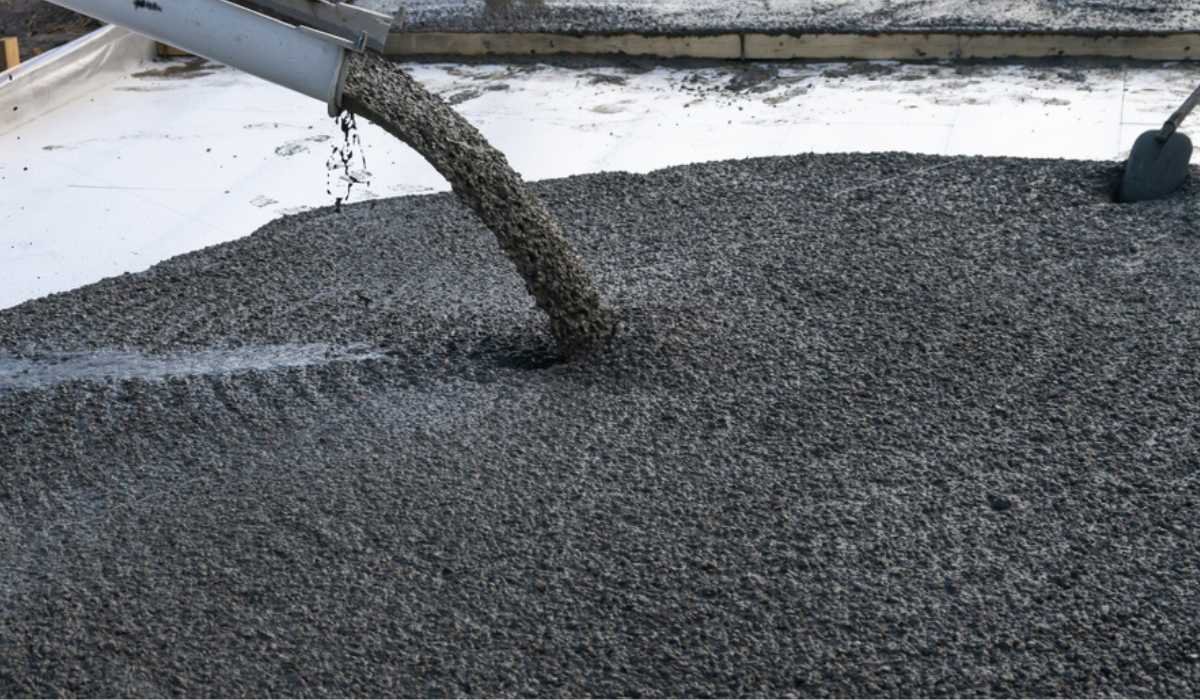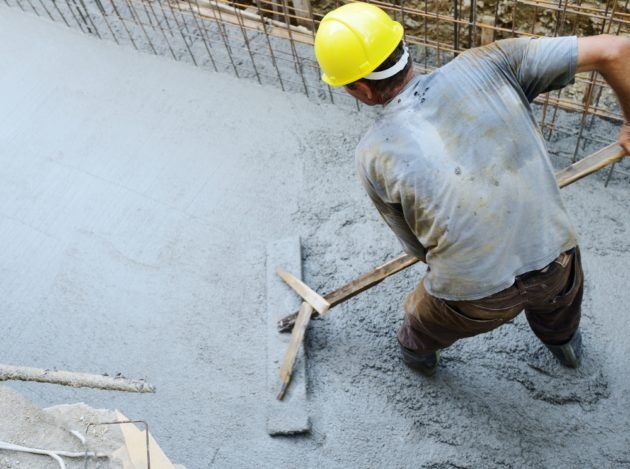Top Notch Concrete Solutions: Long Lasting Solutions for Your Building Needs
Top Notch Concrete Solutions: Long Lasting Solutions for Your Building Needs
Blog Article
Revealing the Eco-Friendly Advantages of Using Recycled Concrete in Sustainable Building Practices
In the world of lasting building and construction methods, the use of recycled concrete stands as a pivotal yet usually undervalued resource. Beyond its conventional applications, recycled concrete deals a myriad of green benefits that expand much past the confines of typical building materials. From decreasing ecological influence to enhancing cost-efficiency, the ramifications of including recycled concrete in lasting building practices are considerable. This versatile material not only addresses pressing environmental concerns but additionally presents a practical remedy to the obstacles encountered by the construction market at large.
Ecological Benefits
By including recycled concrete right into construction techniques, there is a significant reduction in the demand for new raw products, leading to preservation of natural sources. Furthermore, the use of recycled concrete lessens the amount of waste being sent out to garbage dumps, therefore lowering environmental air pollution and minimizing the strain on land fill capacities (Concrete).

Moreover, the manufacturing of standard concrete is a considerable source of carbon discharges because of the energy-intensive process of cement manufacturing. In contrast, recycled concrete has a lower carbon impact as it lowers the need for brand-new concrete manufacturing. This reduction in carbon emissions adds to mitigating climate change and sustains sustainable construction practices. On the whole, the environmental benefits of using recycled concrete are considerable and play a vital function in promoting eco-friendly building and construction techniques.
Cost-Efficiency
Attaining cost-efficiency is a critical consideration when assessing the use of recycled concrete in building tasks. One of the vital benefits of making use of recycled concrete is its cost-effectiveness compared to conventional concrete.
Additionally, making use of recycled concrete can lead to cost savings in garbage dump expenses by drawing away concrete waste from disposal sites. This not only decreases the ecological influence yet also eliminates the costs related to waste elimination. The longevity and performance of recycled concrete are equivalent to standard concrete, guaranteeing that cost savings do not compromise the top quality of the building and construction.
Sturdiness and Strength
Recycled concrete offers equivalent, if that site not remarkable, toughness and stamina residential or commercial properties to conventional concrete - Concrete. Through innovations in processing strategies and quality control, recycled concrete can fulfill or exceed the efficiency standards of traditional concrete.

Waste Decrease
Reliable waste reduction methods play an important duty in the sustainable use of resources within the building sector. Waste decrease is an essential benefit that contributes dramatically to environmental conservation when it comes to using recycled concrete. Typical building and construction methods frequently produce substantial quantities of waste, specifically in the kind of concrete rubble from demolition sites. By integrating recycled concrete into my site building jobs, this waste is repurposed and diverted from garbage dumps, reducing the overall ecological influence of construction activities.
In addition, the usage of recycled concrete can lead to cost savings for construction tasks, as it is frequently extra economical than sourcing and carrying new products - Concrete. In conclusion, waste decrease through the use of recycled concrete is a vital element of lasting building techniques that profits both click site the construction and the setting industry as a whole.
Energy Preservation
When it comes to utilizing recycled concrete in construction, substantial power cost savings are achieved contrasted to traditional concrete production. The procedure of generating recycled concrete includes crushing and reusing existing concrete materials, which takes in much less power than mining, processing, and delivering raw materials for new concrete manufacturing.
Verdict
Finally, the usage of recycled concrete in sustainable construction practices offers numerous environmental benefits, cost-efficiency, longevity, strength, waste reduction, and power preservation. By incorporating recycled concrete right into building and construction projects, we can contribute to a more eco friendly and sustainable future. It is necessary for the building industry to focus on using recycled products to help in reducing the environmental influence of construction tasks.
One of the essential benefits of using recycled concrete is its cost-effectiveness compared to typical concrete.Furthermore, the usage of recycled concrete can lead to financial savings in garbage dump prices by diverting concrete waste from disposal sites. The sturdiness and performance of recycled concrete are comparable to conventional concrete, ensuring that cost financial savings do not endanger the quality of the building and construction.

Report this page